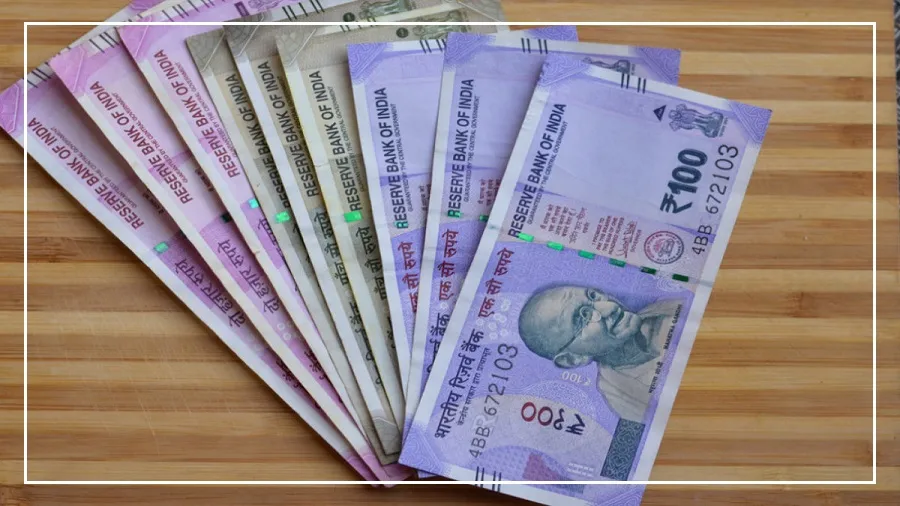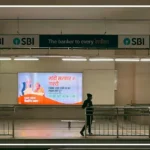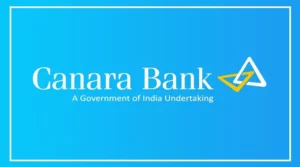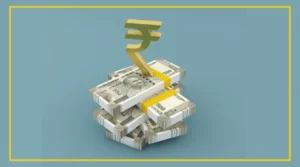The Income Tax Department closely monitors large cash transactions. Withdrawing or accepting cash beyond the legal limit can attract hefty fines.
Section 269ST of the Income Tax Act specifically sets limits on cash transfers for individuals and organizations.
What Does Section 269ST Say?
Section 269ST states that no person can accept cash of ₹2 lakh or more.
This includes multiple transactions from the same person on the same day, for the same purpose, or related to the same event.
Accepting ₹2 lakh or more in cash from someone is a violation of the law.
Who Is Responsible?
The responsibility lies with the person receiving the money, not the one giving it.
Even if the payer has good intentions, the receiver can be held liable for violating the cash limit.
This rule is particularly important for shopkeepers, businessmen, and anyone who frequently handles large cash amounts.
Penalty for Violation
Violating Section 269ST by accepting ₹2 lakh or more in cash can lead to a fine equal to the total amount received.
For example, if someone accepts ₹3 lakh in cash for a property deal or business transaction, they may have to pay a penalty of ₹3 lakh if the tax department seizes it.
Even personal or simple transactions may come under scrutiny.
Exceptions and Safe Alternatives
Section 269ST does not apply to payments received by banking companies, post offices, or government entities for official purposes.
To avoid penalties, always use banking channels for large transactions, such as checks, demand drafts, NEFT, RTGS, or UPI.
These methods not only comply with the law but also provide a record of your transactions.























